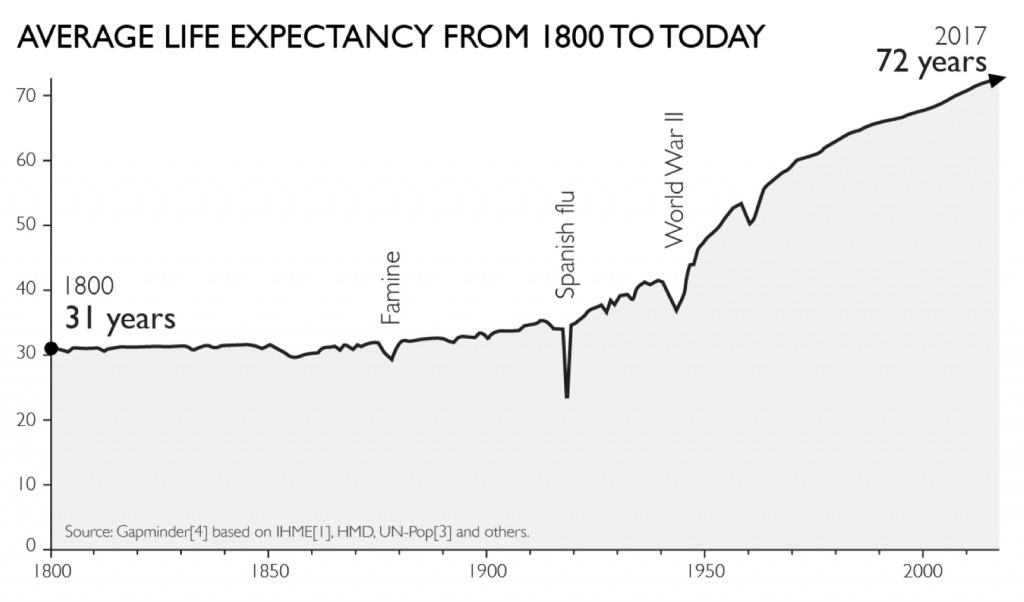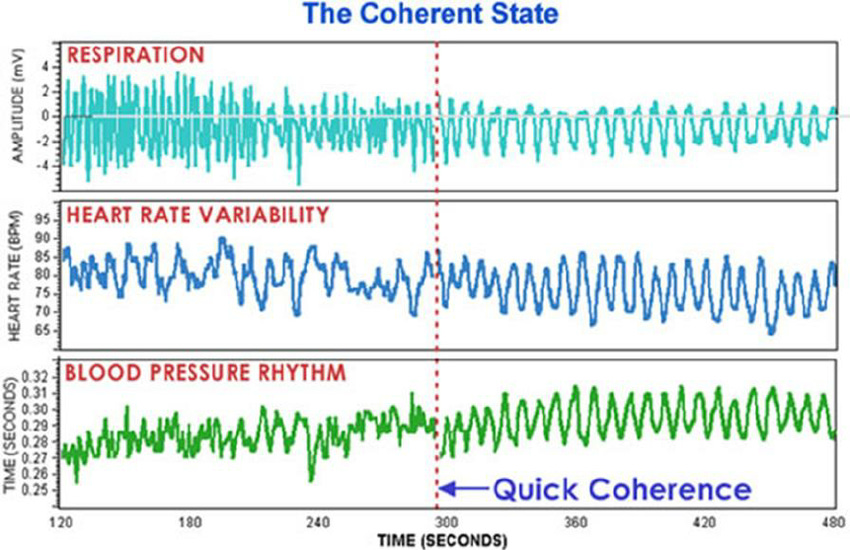
Key ideas discussed:
The clarity in purposelessness
The skill of coming second
Role modelling the art of growing old
There’s no shadow more potent than that of purposelessness.
It’s the drift into an endless sea of the Ship of the Self whose motion has inexplicably come to a halt. In response, the Self picks up the twin oars of habit and expectation and begins to row with all its might, desperate for any movement in any direction, but finds itself barely inching forward in its heaviness, exhausted at the end of each day by its efforts.
Though purposelessness can feel like a luxury, revealing itself to those who, for the most part, have satisfied their basic needs, it can show up unannounced to anybody at any time. Purposelessness acts as a trigger, refocusing us onto a mythic path towards life’s sacred wound, a journey that largely takes shape in midlife, that many of us have no choice but to navigate without the tools we once possessed.
The paradox of living longer
The shadow of purposelessness appears to be a modern, first-world phenomenon (though not exclusively), as is the ‘privilege’ of growing old. Historically, most human beings globally did not expect to live beyond the age of thirty-five. That changed after the post-war baby boom of the 1950s, which, coupled with breakthroughs in the food and medical industries, doubled our average lifespan.

Barely a century ago, turning fifty would have been a tremendous, bittersweet achievement; today it's par for the course. Where once, each new dawn past the age of thirty-five would be experienced as a blessing, today, it’s simply another day, far from the vigour of youthful optimism, and just as far from the relief of the grave.
Capitalism elevated the majority of the global middle-class into a never-before-experienced material well-being, and has since paradoxically trapped us in its machinations, making us believe at a collective level that our individual value lies in our usefulness to its extractive model. And so, because we live longer, we need to remain useful for longer to afford to live longer.
It's like extending your annual leave for a trip but spending all the extra time waiting in the airport, jostling for limited seats and rationing your limited snacks (if you’re lucky to have them).
The sudden clarity
Purposelessness in middle age, and its accompanying shadow of loneliness, has unmasked a collectively sacred wound in each and every one of us – the inherent meaninglessness of life – which we must now confront inside ourselves. We each have made choices in life – a singular path at the expense of countless paths not chosen; and in our loneliest hours, those rejected choices can return to us as phantom concepts, questioning the validity of the path we find ourselves on.
This feeling hits some earlier than others. For example, a childfree woman might feel a kind of existential grief that comes with the permanent loss of the option of motherhood as she approaches her forties. It’s tempting to think this purposelessness would not exist if one had children, yet women in their fifties and sixties may well find themselves confronting this very shadow when their kids leave home.1
Purposelessness is the souring of a purpose that once held meaning; the kind that was appropriated into a capitalist ideal with all the egoic trappings that come with it – a big project, the next goal, the promotion, the pay rise, an apartment and so on – perfectly fine ambitions until one day these too aren’t enough.
It’s the Self’s metaphoric ship that once sailed freely in the rapids of youth, which you later upgraded with an engine to stave off the first inner awakenings of doubt threatening your progress through life’s open seas. And now, its fuel has run out, and the engine has died right in the middle of your journey, leaving you exposed in uncharted waters.
Coming second
A practical mindset at the first stirrings of purposelessness is to ask yourself, “Do you have what it takes to come second?”. This is not about diminishing yourself or putting others before you, for both these behaviours are ego-based reactions masquerading as virtue. It’s about operating at the same level as one who is victorious but doesn’t receive the spoils. It’s a recognition of your excellence, even in defeat.
This is profoundly threatening to an ego that fools one into thinking that no chase is worth it. What if I never make partner or become a CEO? What’s the point of starting a business if I’m likely to fail? Why commit to anything beyond the narrow bounds of the familiar?
To practice the mindset of ‘coming second’ is to accept that no path in life is secure, except the one in which you bloom to your soul’s fullest potential, even if this path leads to ‘failure’ as you or society currently defines it. It’s the realisation that nothing is guaranteed in life – except heartbreak and death. So commit to each moment like a victor that does not expect to win.
The gentle breeze
A useful lesson in midlife is making peace with purposelessness and its accompanying loneliness. The heaviness, yearning and deep discomfort are all part of a new normal, and we do not have to respond to their calls as we did when we were younger. Where dissatisfaction is a fantastic motivator for action in youth, it has the opposite effect in old age. Stagnation, if channelled into inner stillness, can become the first step in a greater, mysterious transformation.
Unlike the accumulative energy of youth, midlife is about letting go of all that no longer serves you. It’s about getting rid of the parts of the ship that weigh the ‘self’ down – the oars of habit and expectation, the motor of ambition, the spare tools of outdated beliefs – everything you once thought you couldn’t live without. You must lighten the load as much as possible for the gentle breeze of spiritual intuition to be able to steer the sails of your vessel in the direction you are meant to go.
Breathing purpose into being
The gentle breeze exists inside the body as breath. Those who practice breathwork2 will have experienced a connection to a higher self – the source of all spiritual intuition. In more practical terms, the breath is like a dial to a radio, which calibrates each of us to our specific frequency, enabling us the clarity of purpose that the extrinsic physical world can no longer provide.
The cycles of the breath are inherently linked to larger cycles that govern the body – heart rates, the hourly cycles of feeding and hydration, daily sleep cycles, monthly hormonal cycles and seasonal ageing cycles. To master the major cycles of your life, master your breath.

Breathwork also often leads to the advanced practice of cultivating presence and a greater tolerance for boredom and emptiness. In a hyper-connected world, your focus is currency and switching off is an act of rebellion. To a mind that is focused on the present, purposelessness no longer gets the egoic rise it once did. A mind in complete coherence with the body no longer seeks the next high, nor does it fear the future.
Role-modelling the art of growing old
Today, age is just a number, which has a dark side in capitalist contexts. Turning older in this current paradigm means competing for limited opportunities. It’s a paradigm that has given voice to the middle-aged ego that acts in shadowy ways through society, turning the playful qualities of cooperation and competitiveness into aberrations rooted in lack and scarcity. It’s this distortion of youthful qualities that makes those of us between the ages of 35 to 65 particularly abhorrent to younger generations, who cannot relate to our apparent ‘cringiness’ that tries ‘too hard’.
Though a hard pill to swallow, the youth of today have a point. Those of us who find ourselves in the quiet seas of middle age must come to terms with our sophisticated ego and its noise, listening without judgment or reacting to its demands. Our atrophied imaginations limit us, and we must be careful not to project our anxieties onto an already dystopian reality. Our mindset must overcome spiritual and intellectual arrogance, and we must hold everything we have ever acquired, including hard-earned knowledge, with loose fingers. It’s the admission that the meaning we have made of our experiences is ultimately meaningless.
Perhaps in embracing purposelessness, those of us entering midlife rise to the greatest purpose we will ever know – fully embodying the modern miracle of ageing in all its paradoxical existentialism while role modelling the grit, humour and vulnerability it requires. If not us, then who?
Empty nest syndrome is linked with a greater likelihood of divorce in couples aged over fifty. Though it impacts both partners, women often report a greater resentment at having given their best years to raising a family at significant personal sacrifice, which triggers the desire to build a new identity that is not based around meeting someone else’s needs.
For a more thorough breakdown of empirically validated benefits and limitations of breathwork, I recommend the following peer-reviewed scientific article: Zaccaro, A., Piarulli, A., Laurino, M., Garbella, E., Menicucci, D., Neri, B., & Gemignani, A. (2018). How Breath-Control Can Change Your Life: A systematic review on Psycho-Physiological correlates of slow breathing. Frontiers in Human Neuroscience, 12. https://doi.org/10.3389/fnhum.2018.00353



Profound optimsm of the spirit that mocks at time: itself an illusion weaving all other illusions.